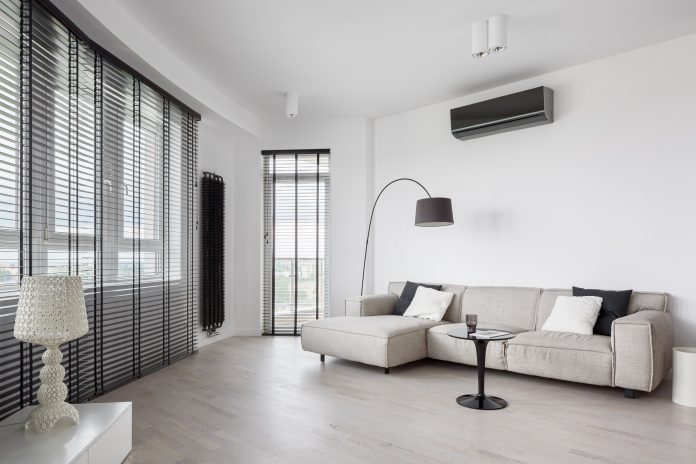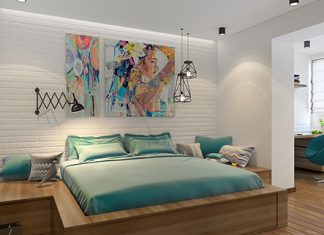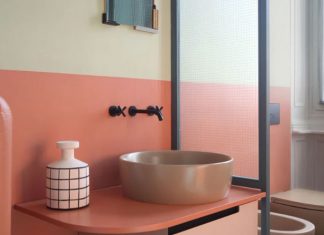No matter where you live, you will probably need an A/C unit at some point during the year. In milder climates you may be able to find relief from letting a cool breeze flow through open windows. But eventually hot summer days find everyone. If you don’t have an A/C unit, don’t sweat it. With this guide, you’ll be able to choose the perfect system for your home.
Window Unit
Window units are incredibly common, especially in major cities. With limited space and an increase in apartment and condo living, rather than single-family suburban homes, window units are a convenient solution. This type of A/C unit is small enough to fit inside of a window and it filters warm air out through an exhaust system facing the outside. They have a limited capacity for cooling only the room they are installed in, so depending on the living space, you may need to have more than one window unit in the home.
- Who is a window unit ideal for?
Anyone living in an apartment, condo, or house with small square footage could benefit from a window unit. They are incredibly inexpensive to install and operate. Depending on your space you may need more than one, but they’ll get the job done. You will have to sacrifice the use of a window, but you may find that it’s worth it.
Central Air Conditioner
When you want to cool the entire home evenly at the same time, central air is the most effective option. A compressor located outside of the home (typically on a concrete slab, or the roof of a building) does the actual cooling. It passes air through a coil filled with refrigerant then blows cold air into the home to be disbursed through a system of ductwork. While the cool air is being circulated throughout the home, warm air is also being carried out of a return system and pushed out of the house through an exhaust. Since central air flows through the same system of ductwork as your home’s heating system, it is easy to install if you live in an older home without it. At Heat Mechanical Cooling & Heating they are experts in A/C installation. If you need to outfit your home with central air, they can install the system to get your house cooling in no time.
- Who is central air ideal for?
Central air is for anyone with longevity in mind. It’s more expensive than other cooling options, but once it’s installed, it’s incredibly durable and quite effective. If you live in an old home with existing ductwork for a heating system, or are building a new construction, central air is an easy addition.
Geothermal Heating and Cooling System
If a “geothermal heating and cooling system” sounds futuristic, that’s because it is. This is the latest technology in heating and cooling. Even though surface temperatures change throughout the year, the ground temperature 4-6 feet below the surface hovers consistently around 55℉. To take advantage of the temperature, a piping system is run between your home and the earth itself. To cool your home, hot air in the home is removed, delivered to the earth, and cool air is distributed through the home. In this system, no fossil fuels are burned to create heat since it is simply transferred to the earth.
- Who is geothermal heating and cooling ideal for?
This system of cooling is ideal for anyone interested in sustainable living. It is the most expensive method of cooling your home, but since it uses electric power to cool the compressor, fan, and pump, it is the most sustainable. This is still new technology, but it is gaining in popularity, being used in 70% of new homes in Switzerland and Sweden.
Things to Consider
Just like there are a variety of A/C systems to choose from, you also have several factors to consider when making your decision. For example, the square footage of your home will play an important role in your decision-making process. The larger the space, the larger the unit you will need. You’ll also want to check for energy efficiency ratings. A more efficient system will have less strain and use less energy. You’ll also want to make sure whatever you choose is backed by a solid warranty. If the manufacturer isn’t willing to offer a warranty, chances are they don’t believe in their own product.















